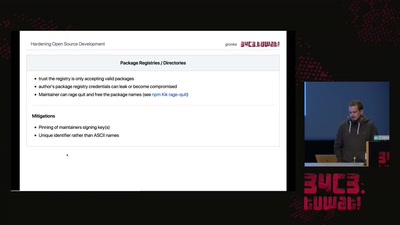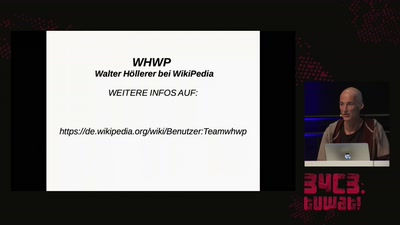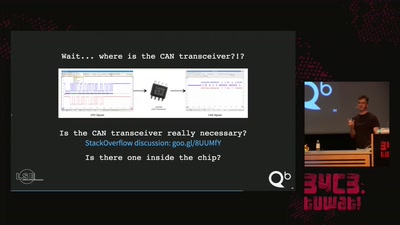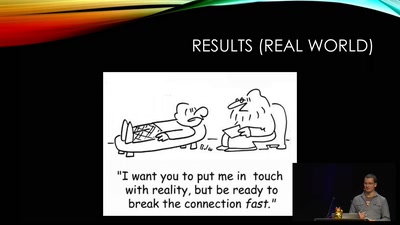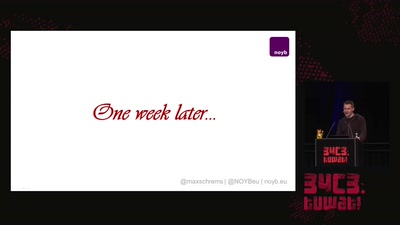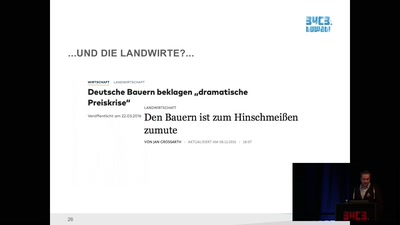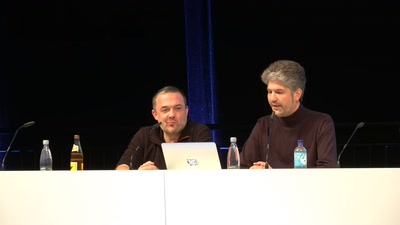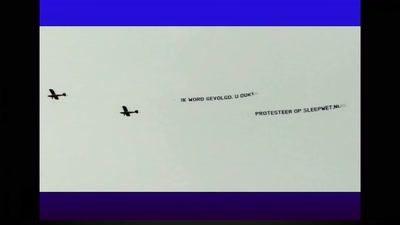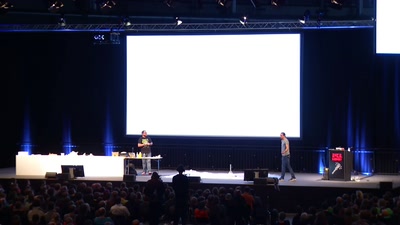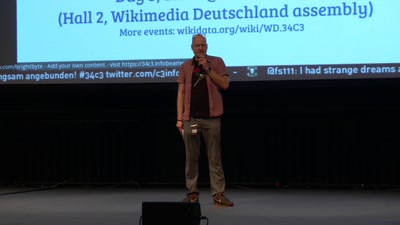Christoph Engemann and Anton.schlesinger@studio-singer.de
Master Quality Authenticated (MQA) is a new audio format promising studio sound at home and no DRM. We take a critical look both at the sound-quality aspects as well as on the DRM story of MQA.
Master Quality Authenticated (MQA) is an audio format introduced in 2014 promising to deliver studio sound at home.
Marketed aggressively mostly to audiophiles two claims are central to MQA: no DRM and better sound through “deblurring temporal inaccuracies” introduced by ADCs and DACs in the signal chain.
MQA is backed by the three major labels Warner, Universal and Sony and has support by a number of indie label rights agencies as well as by the Recording Industry Association of America.
Rollout has started in 2016 and at IFA 2017 the major labels asserted their backing for the format. Streaming services Tidal, Deezer and Pandora as well as Groovers (Korea) 7digital and HDmusicstream offer MQA-streaming at a higher price-point as their regular offerings (20.- per month instead of 10).
Companies like Onkyo, Pioneer, Sony, Rotel and NAD offer hifi-products supporting MQA and some smartphone makers like LG incorporated it too.
MQA consists of a container format and a licensing regime for audio DACs.
MQA files will play on any redbook-capable device and can be freely copied. The lowest bit of the file is used to store compressed spectral content above 24k and a control bit.
If a MQA licensed DAC detects an MQA file it will “unfold” the high-rez content and turn on a blue light on the DAC.
A lot of effort for a switching on a blue light ;)
This talk will both scrutinize the DRM-regime of MQA and the sound-quality narrative.
In the context of the latter we will look at MQAs assertion that the Shannon-Nyquist theorem is inadequate for audio-sampling as it purportedly introduces “temporal inaccuracies.” MQA claims to have incorporated “new psychoacoustic research” and advances beyond Shannon-Nyquist in sampling theory. The exact nature of this innovations remain unclear as MQA technology is proprietary and no independent third-party research is available.
We will discuss these claims and show the status of the numerous MQA reverse-engineering efforts. So far it is know that MQA is PCM-based, uses minimum-phase filters and destructive compression for parts of the spectrum. It also lowers the available dynamic range and exhibits no behaviour proving any of their claims made in the marketing material. Still MQA at least managed to get the almost unequivocal support of the audio-press and at the same time is hotly debated online.
With regards to the DRM aspect we will look at the marketing strategy of MQA and show how the company so far successfully controlled the narrative by narrowing the understanding of DRM to copying. The MQA DRM uses a both symmetric encryption as well as a PKI-component to authenticate files and devices. The DRM involves a clever mix of permissive licensing towards behaviour like copying while discriminating access by level of quality.
Here we will discuss in how far such licensing design might be a model for future DRM-deployments and marketing.
Finally we will discuss the systemic dimension of MQA in the context of music-streaming and control over assets like content, playback-devices (DACs) and licenses. With the platforms controlling the streaming market and playback devices (iPhone, Amazon smart speakers etc) on the one side, the record companies owning the content on the other side, MQA seems to attempt to establish licensing leverage for the content owners.
Download
Video
These files contain multiple languages.
This Talk was translated into multiple languages. The files available for download contain all languages as separate audio-tracks. Most desktop video players allow you to choose between them.
Please look for "audio tracks" in your desktop video player.

